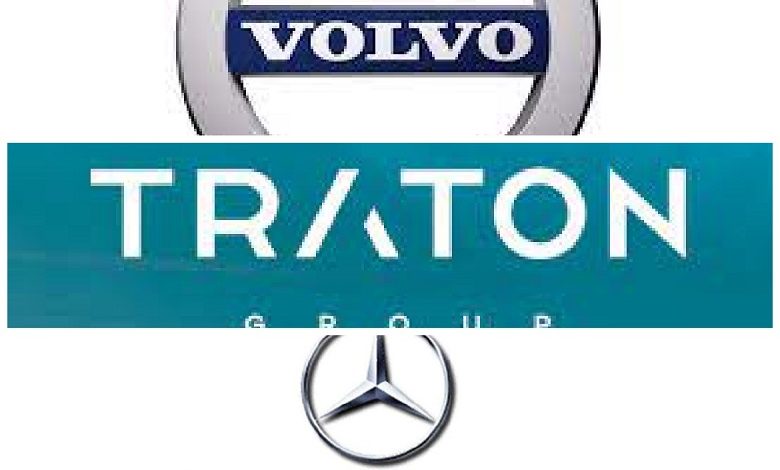Volvo, Traton, and Daimler want to set up a European charging station network for trucks

Truck manufacturers Daimler, Traton, and Volvo want to have set up a European charging station network with at least 1,700 charging points for trucks by 2027. These are charging stations with a capacity of 50 to 750 kW.
The charging station network must be located along highways and at logistics and destination points. The three companies are setting up a joint venture for the network, which will have its own corporate identity and head office in Amsterdam. The name of this company is not yet disclosed. With the charging station network, the three companies want to give electric freight transport a boost. Buses must also be able to use the network.
The companies jointly invest five hundred million euros in the joint venture. The company will also be opened to additional investments. With these investments and subsidies, the parties expect to be able to install even more charging stations. The joint venture will start in 2022; five years later, the charging station network must contain at least 1,700 charging points.
Traton’s CEO Matthias Gründler told the Financial Times that the company now only has ten charging points in all of Europe. According to the European Automobile Manufacturers’ Association ACEA, 50,000 charging stations will be needed for the transport sector by 2030.
The charging station network will contain different charging points, depending on where the charging points will be located. For example, the 50kW charging stations are suitable for truck drivers who spend the night somewhere. The 750kW charging stations are again fast enough to charge a truck battery within 45 minutes, during the mandatory break for drivers. Governments have not yet approved these 750kW charging stations for use.
Daimler is known for the Mercedes trucks and introduced its first eActros electric mass-production truck at the end of June. Traton is owned mainly by Volkswagen and is known for the MAN and Scania brands. Some manufacturers, including Mercedes, are focusing on battery-electric trucks and see a future for hydrogen trucks.




